Choosing the right valuer is a crucial decision when selling or transferring a property. The valuer plays an important role in determining the property’s value. Selecting a reputable and experienced valuer can make the difference between getting full value for your property or leaving money on the table. This article will explore 5 key questions to ask when interviewing and selecting property valuers.
1: Experience and Qualifications
1.1 How long have you been a practicing valuer?
Look for a valuer with at least 5-10 years of experience valuing properties similar to yours. Experience brings knowledge of local market conditions.
1.2 What professional qualifications do you hold?
Choose a certified valuer who belongs to a professional body like the Australian Property Institute. This ensures they adhere to industry standards.
1.3 How many property valuations have you completed in this area?
Look for a valuer who regularly values properties in your suburb and surrounding neighbourhoods. Local experience is invaluable.
2: Valuation Expertise and Specializations
2.1 What property types do you have expertise in?
Ensure the valuer has experience with your specific property type, such as residential, commercial, industrial, rural, etc.
2.2 Are there any property features you specialize in?
Choose a valuer with expertise in unique property features like heritage listings, environmental issues, large land size, etc.
2.3 Do you have expertise with property sale/transfer scenarios like divorce, estate transfers, compulsory acquisition?
Opt for a valuer experienced in your specific scenario, as valuation methods can vary.
3: Valuation Methods and Standards
3.1 What valuation methods and standards do you follow?
The valuer should adhere to industry standards like the Australian Valuation Standards.
3.2 Do you focus on sales comparison, income capitalization, or cost approach?
Understand which valuation methods they prioritize to assess what drives their end value opinion.
3.3 How do you ensure your valuations are unbiased?
A good valuer will demonstrate objectivity and transparency in their valuation process.
4: Working Style and Communication
4.1 How do you prefer to work with clients?
Understand the valuer’s working style and communication preferences to ensure a smooth process.
4.2 How much access will I have to you during the valuation?
The valuer should be responsive to client inquiries throughout the valuation process.
4.3 How much detail will your final report contain?
Ask for a sample report – it should be comprehensive, clear and fully explained.
Chapter 5: Fees and Timeframes
5.1 What is your fee structure?
Get fee quotes upfront – some valuers charge fixed fees while others charge hourly rates.
5.2 Are there any additional costs or disbursements?
Ask about additional out-of-pocket expenses so there are no surprise costs.
5.3 How soon can you complete the valuation?
Discuss timeframes to align with your transaction schedule and settlement date.
Choosing the right valuer needs careful research and questioning. Consider their experience, expertise, methods, communication style and costs. Asking these 5 key questions will help you secure a valuer who provides an accurate, unbiased property value assessment.



